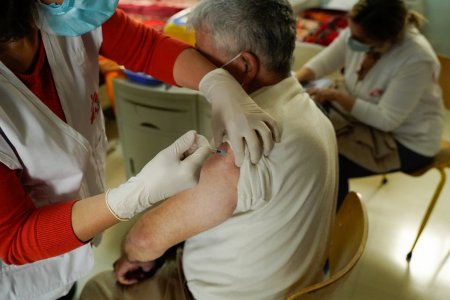 Mohamad Cheblak/MSF
Review
Mohamad Cheblak/MSF
Review
05/07/2021
Michaël Neuman
We can all agree that the emergence of Covid-19 vaccine is “an absolutely astonishing development”, but vaccines are unlikely to completely halt the spread of the virus, let alone eradicate it. Yet even without achieving herd immunity, the ability to vaccinate vulnerable people seems to be reducing hospitalizations and deaths from Covid-19.
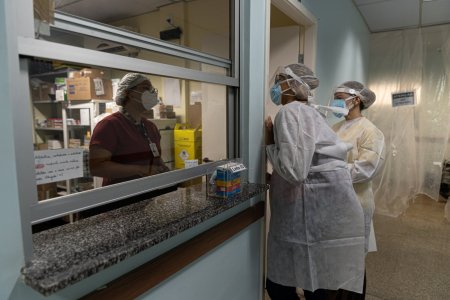 Mariana Abdalla/MSF
Opinion
Mariana Abdalla/MSF
Opinion
02/19/2021
Jean-Hervé Bradol
Isabelle Defourny
Blog written by Jean-Hervé Bradol, director of studies at the Crash.
Today, in order to obtain supplies of vaccines against Covid-19, there is neither a major difficulty related to price, nor a major obstacle related to intellectual property rules, nor a deficit in bio-medical research. However, these three topics are generally at the heart of MSF's communication in the area of access to medical care for those in most need. Our discourse must therefore evolve.
With the emergence of worrying variants of the virus present in the early stages of the pandemic and, as a consequence, the need to vaccinate on a global scale as quickly as possible, the world is facing a double challenge: biological engineering and ultra-industrial production – “ultra” echoing the need to produce on a global scale in a short period of time.
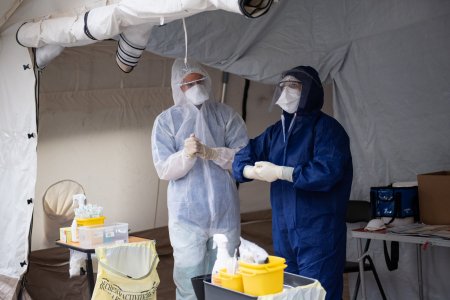 Clément Mahoudeau/MSF
Analysis
Clément Mahoudeau/MSF
Analysis
12/02/2020
Michaël Neuman
Emmanuel Baron
In this paper, the two authors examine certain aspects of the French response to the epidemic in the light of the experience of Médecins Sans Frontières (MSF) in that field, primarily with respect to the relationship between the actors of the response and the beneficiaries.
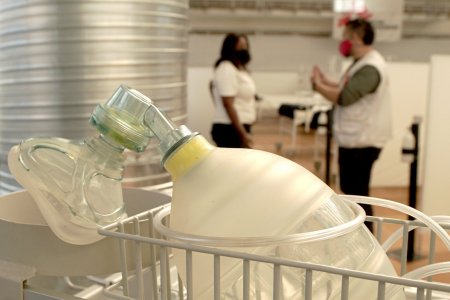 MSF/Rowan Pybus
Analysis
MSF/Rowan Pybus
Analysis
07/22/2020
Marc Le Pape
In France, from March onwards, many sociologists regularly appear in the media. Based on this observation, Marc Le Pape analysed 37 articles written during the containment period, dealing with the Covid-19 pandemic.
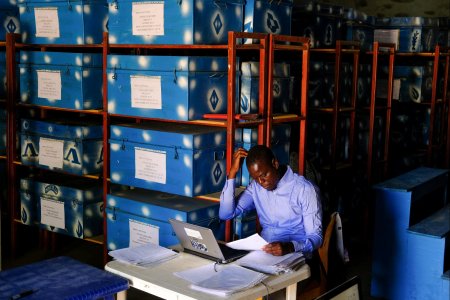 Eric Bouvet
Interview
Eric Bouvet
Interview
05/11/2020
Emmanuel Baron
Elba Rahmouni
Crisis situation, response strategies, hydroxychloroquine, interventional epidemiology and the state of scientific research in Africa: Elba Rahmouni interviews Emmanuel Baron, Director of Epicentre, Médecins Sans Frontières
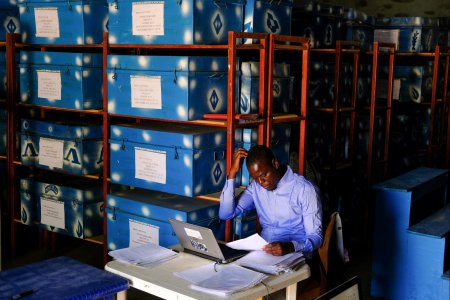 Eric Bouvet
Interview
Eric Bouvet
Interview
05/11/2020
Emmanuel Baron
Elba Rahmouni
Crisis situation, response strategies, hydroxychloroquine, interventional epidemiology and the state of scientific research in Africa: Elba Rahmouni interviews Emmanuel Baron, Director of Epicentre, Médecins Sans Frontières
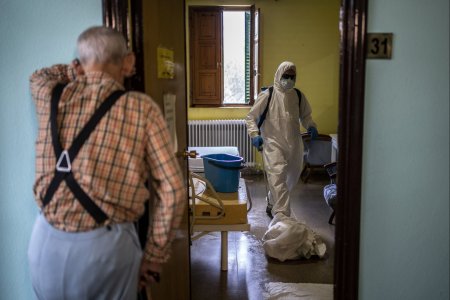 Olmo Calvo/MSF
Opinion
Olmo Calvo/MSF
Opinion
05/10/2020
Jean-Hervé Bradol
The biggest oversight in the response to this epidemic has been the EHPADs. For the staff, the directive was clear: continue to work and provide an alternative to hospitalisation. No matter the conditions. For the residents, it was to die alone without treatment to alleviate their suffering.
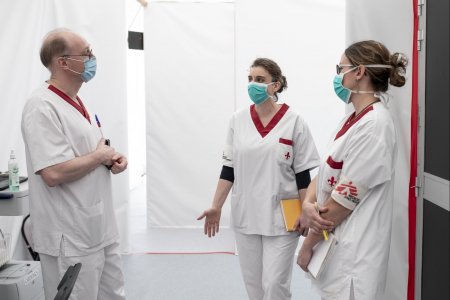 Pablo Garrigos/MSF
Interview
Pablo Garrigos/MSF
Interview
04/06/2020
Jean-Hervé Bradol
Elba Rahmouni
In exceptional circumstances where the demand for care exceeds the supply, how do you decide who to start with? Triage is necessary where there is exceptional demand, leading to the use of a specific procedure to establish priorities. Interview of Jean-Hervé Bradol conducted by Elba Rahmouni based on the article “In a disaster situation: get your bearings, triage and act” published in the book La médecine du tri. Histoire, éthique, anthropologie edited by Céline Lefève, Guillaume Lachenal and Vinh-Kim Nguyen.
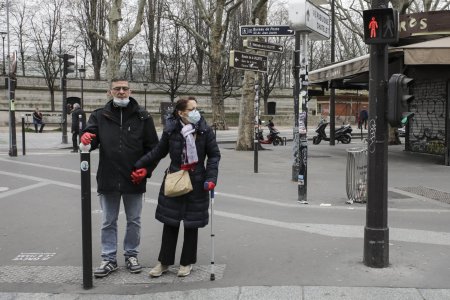 Aurelie Baumel/MSF
Interview
Aurelie Baumel/MSF
Interview
03/17/2020
Jean-Hervé Bradol
Confronted with a "totally unprecedented biological, social and political event", Jean-Hervé Bradol spoke with Mediapart about the difficulties of basing all prevention on behavioural measures: "It takes time for a society to fully acknowledge the existence of the event, which is unfolding as it tries to understand it.”
 Mohamad Cheblak/MSF
Review
Mohamad Cheblak/MSF
Review








